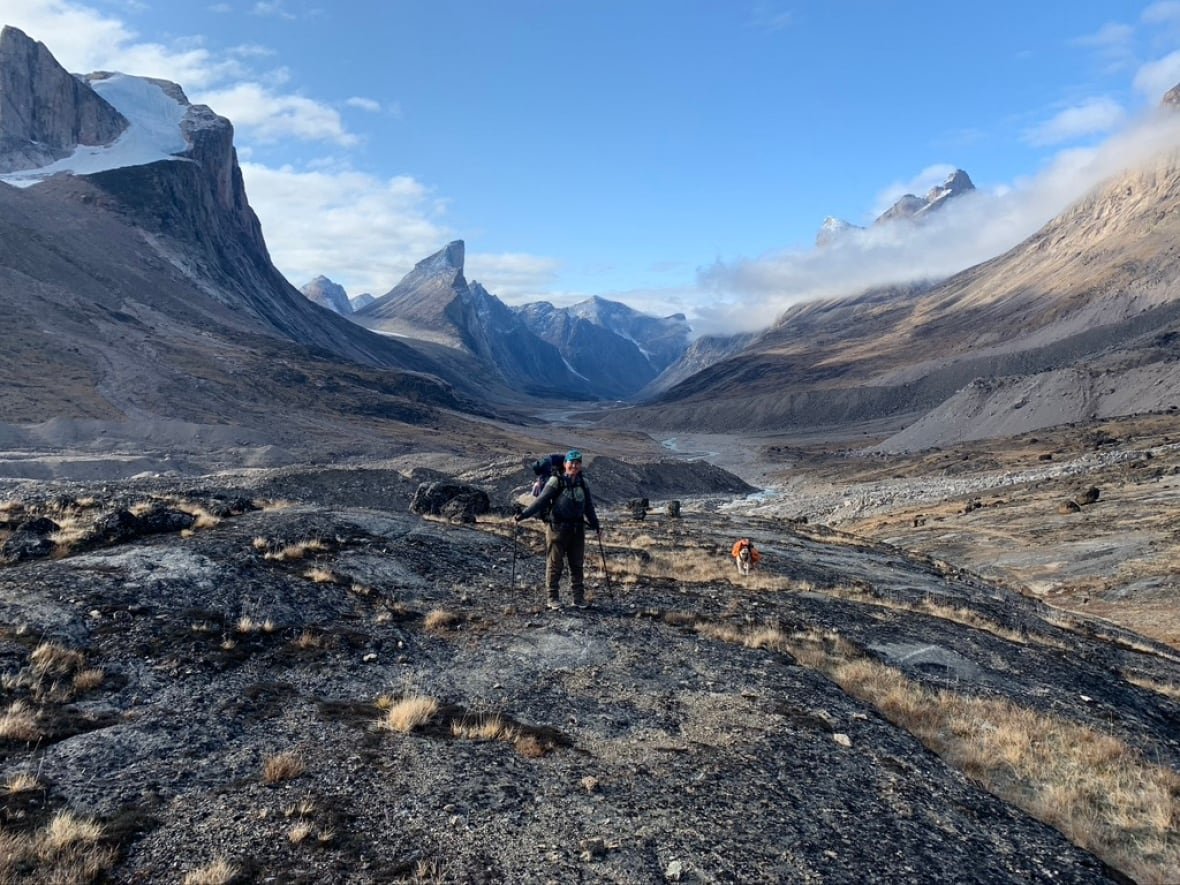A British traveller has issued an apology after claiming she was the first woman to solo traverse Nunavut’s – and Canada’s – largest island.
Camilla Hempleman-Adams completed the trek from Qikiqtarjuaq to Pangnirtung, through the Akyashuk Pass, last month.
Many media outlets around the world reported her as the first woman to trek solo across Baffin Island, causing outrage among some Nunavummiut.
Inuit Heritage Trust said it doesn’t maintain such records. Neither does Parks Canada, which pointed out that “Inuit have inhabited Inuit Nunangat since time immemorial, leaving footprints, history and knowledge across all lands, passes, and traditional places in the North, Nunavut, and Auyuittuq National Park.”
In a written statement to CBC News, Hempleman-Adams apologized for the offence her claims have caused.
She said before the trip, she researched and verified the accuracy of her claim with Parks Canada and local outfitters in Qikiqtarjuaq and Pangnirtung.
“However, if this information is incorrect, I apologize unreservedly for making an incorrect claim and for causing offence,” she said.
“I have deep respect for the land, its people, and their history. I have traveled in this region multiple times and hold immense admiration for its nature, culture and traditions … and I remain committed to learning from this experience and engaging with the community with the utmost respect.”

Gayle Uyagaqi Kabloona, who pushed for Hempleman-Adams to issue an apology, said it was badly needed.
“She misrepresented Baffin Island as a whole and the area and just the history of people who were here before colonization,” Kabloona said.
Every Inuk has a story of long journeys across Nunavut, she said, and she’s currently mapping out a route her family used to take from Chantrey Inlet in the Kitikmeot region to get to caribou hunting grounds.
On one of those occasions, her grandmother gave birth to Kabloona’s father.
“And then two days later, they got up and kept walking because they had to find food,” she said.
“That’s just what everybody’s grandma did.”
Kabloona also believes there isn’t enough education – or news coverage – about Inuit history in Canada because of colonization, so she said she isn’t surprised that people abroad don’t know about it either.
“People everywhere don’t know about Indigenous history because it was purposely rewritten or because Indigenous accounts of things weren’t taken seriously,” she said.
